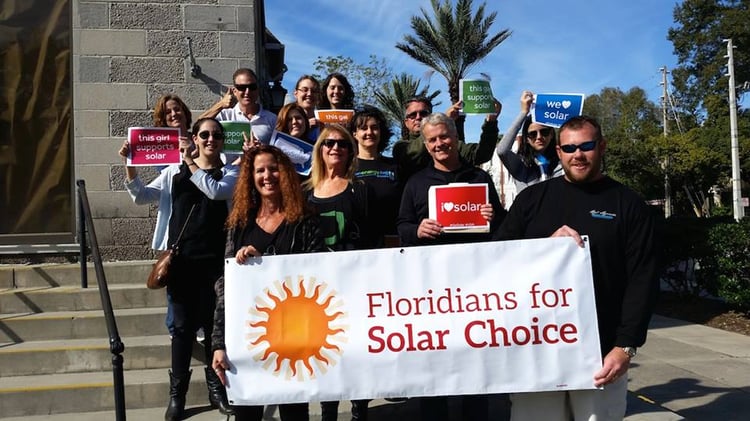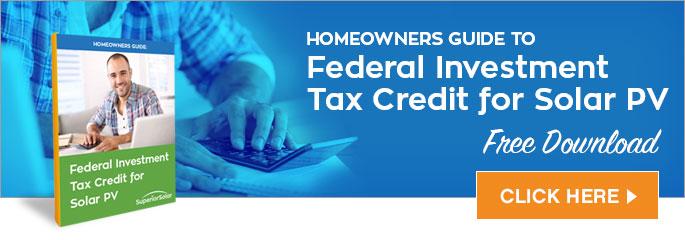You may have heard of a PPA contract being mentioned when you’re looking to invest in a solar system and you may have heard that, as a Florida resident, you’re not allowed to get one. The acronym is often thrown around but all you want to know is: What’s a PPA? Why can’t I get one? Why should I even care about it?
The Nitty Gritty on PPAs:
A solar power purchase agreement (PPA) is a financial agreement where a developer manages the configuration, licensing, financing, and installation of a solar energy system on a customer’s property at little to no cost. Then, that developer sells the power generated from the solar system to the host customer at a fixed rate that’s usually somewhat lower than the local utility’s retail rate. The lower electricity cost serves to counteract the customer’s purchase of electricity from the power grid, while the developer receives the income from these sales of electricity, as well as any tax credits and other incentives generated from the system.
With a PPA, the customer doesn’t have to pay as much for electricity. There is little or no upfront cost, limited risk, and even a potential increase in his or her property values! Meanwhile, the developer is happy the financing they’re receiving from the customer, as most contracts last between 10-25 years. Beyond the immediate buyer-seller relationship, too, is the reality that PPAs allow for much more innovation in terms of jobs and competitive energy rates.

Of course, there are pros and cons to owning your own solar system versus entering into a PPA with a developer, but it’s a great method for people who can’t afford a solar system outright. There’s just one small holdup….
Florida Doesn’t Allow for Solar PPAs!
Florida is one of only four states that prohibits citizens from buying electricity from anyone other than a utility. Instead, the few utility companies around (Duke Energy, FPL, Tampa Electric, …) are allowed to monopolize the electrical market. PPAs and other business models that have made solar systems financially viable for millions elsewhere are illegal in the Sunshine State.
Why? One theory is coal (we have a lot and we burn a lot), but really, there’s no good reason that Florida disallows for PPAs, except that these utilities have had a lot of sway with government officials over the years.
And to Take It One Step Further...
These utilities still aren’t finished. There was a petition going around to allow for solar PPAs, supported by the political committee, Floridians for Solar Choice. If enough signatures were obtained, the campaign would secure a place on the November 2016 ballot. However, the petition was not able to get the necessary number of votes in time because the utilities pushed a second competing petition that was designed to confuse people. It was called Amendment 1 and created by the utility-backed group, Consumers for Smart Solar.
The confusing petition is designed to actually force a monthly surcharge on solar PV and claims to give new “rights” and “choices” for solar power, despite there being no new rights or choices in the initiative. Despite the utilities’ petition being opposed by several organizations at the Florida Supreme Court, the court still approved Amendment 1 in a split 4-3 decision. Floridians for Solar Choice are still fighting the petition. To learn more and give them your support, visit their website here.

Still, to overcome this hurdle that some utilities put up, some financiers have developed long-term financing (i.e. 20 years). These financing options work much like a PPA, where the user is cash positive from the first month. Since the payments are spread out over time, and solar systems have become more efficient and price competitive, the payments are less than the value of the energy produced. Some of these finance options can even be transferred automatically upon the sale of the house to let the buyer enjoy the same energy savings benefits. Feel free to contact us here at Superior Solar to find out more about PPAs and what you can do for the environment and your finances.


